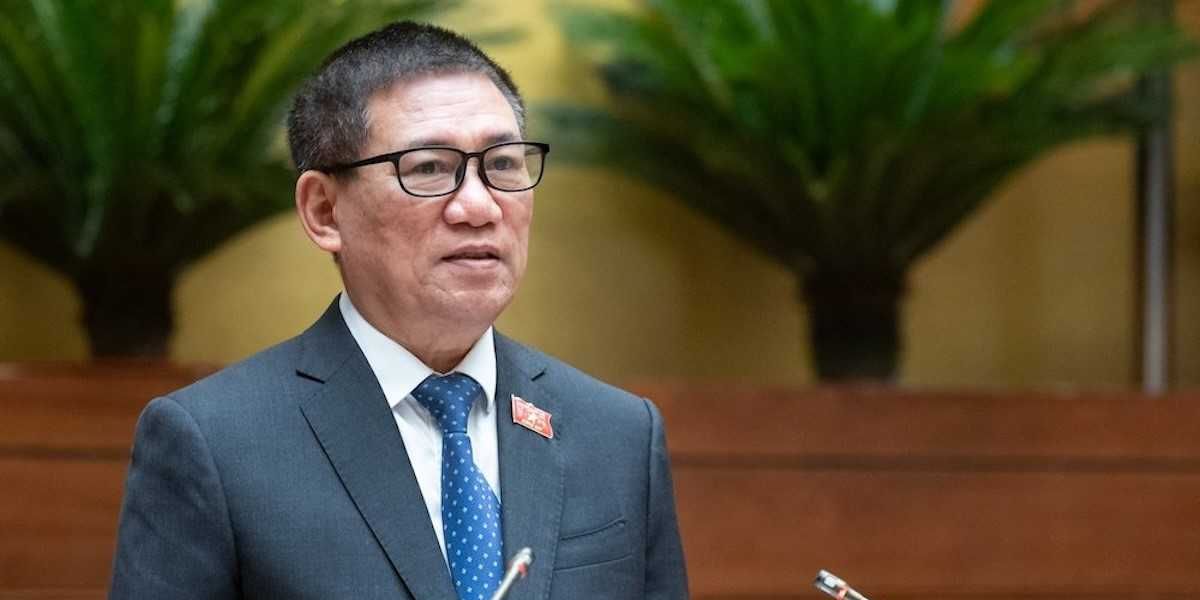On 17 June 2024, Vietnam’s Minister of Finance, Ho Duc Phoc, presented the amended draft Law on Value Added Tax (VAT) to the National Assembly. The proposed law introduces VAT on small-value imports from e-commerce platforms such as Shopee and Lazada.
The key amendments in the draft law cover several areas, including taxpayers, non-taxable subjects, taxable prices, tax rates, and methods for VAT calculation and deduction. The draft also specifies new regulations on the timing of VAT determination, and lists prohibited actions, with provisions to exempt gifts, presents, and movable assets within the import tax exemption limit from VAT.
Current exemptions and rising e-commerce transactions
Presently, imported goods valued below VND 1 million sent via express delivery are exempt from import tax and input VAT. Gifts and presents also benefit from import tax exemptions under Decree 134 under the Law on Export and Import Tax.
Le Quang Manh, Chairman of the National Assembly’s Finance and Budget Committee, highlighted the substantial increase in small-value transactions driven by cross-border e-commerce. Platforms such as Shopee, Lazada, Tiki, and TikTok facilitate an average of 4-5 million small-value orders daily from China to Vietnam. In March 2023, the value of these orders ranged from VND 100,000 to VND 300,000, leading to a daily circulation of goods worth approximately USD 45-63 million.
Global and regional VAT comparisons
Vietnam’s VAT rate of 10% is lower than regional and global averages. For instance, average VAT rates are 22% in the European Union, 12% in Asia, 16% in Africa, 14% in Latin America, and 19% in OECD countries, with a global average of 15%.
In response to the budgetary pressures post-pandemic, several ASEAN countries have increased their VAT rates. The Finance and Budget Committee has suggested evaluating the potential for similar increases in Vietnam as part of a broader tax system reform strategy extending to 2030.
Recommendations and future considerations
The Finance and Budget Committee has urged the government to evaluate the impact of various options for increasing VAT rates. These assessments should consider the potential for appropriately raising VAT rates in the draft law, particularly after the economy recovers, possibly towards the end of 2026-2030.















